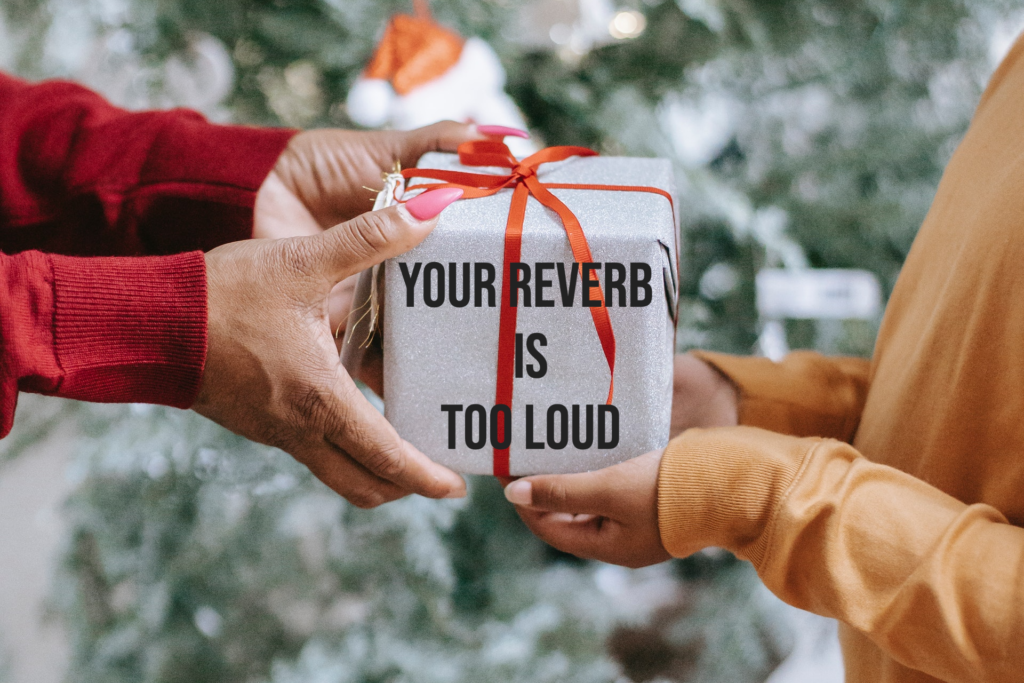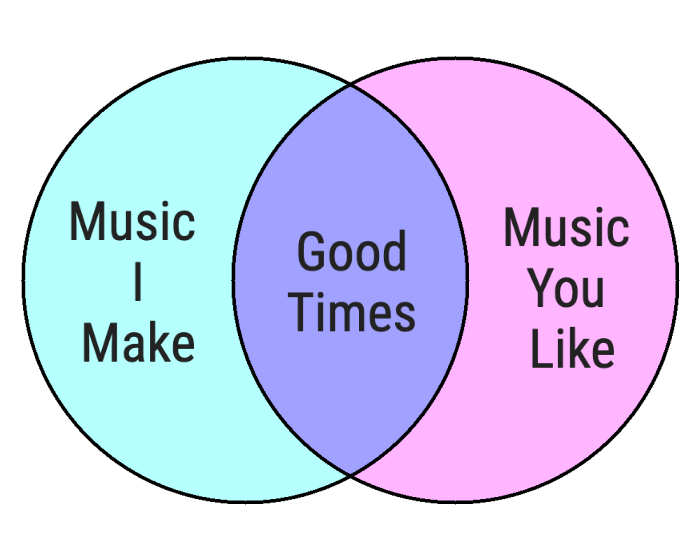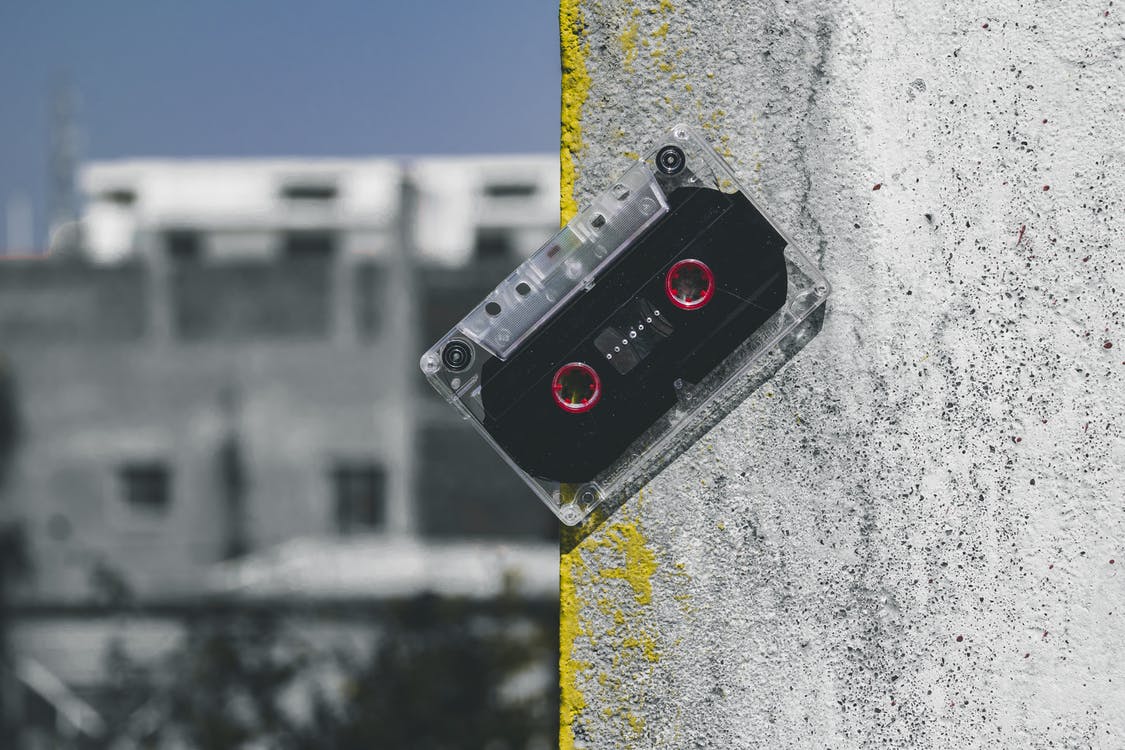Let’s talk about ‘translatability’.
Translatability is a measure of how well music sounds, or ‘translates’, across multiple devices. Different speakers, headphones, PA systems, etc. bring out different frequencies of sound in your mix, so it’s important to make sure it sounds good on as many of them as possible.
It’s also a decent metaphor (I think) for how well what the artist hears translates to the general public.
I think a lot of artists suffer from ‘M. Night Shyalaman Syndrome’ – i.e. they get so convinced that their creation is amazing, they don’t see how lousy it looks/sounds/tastes/whatever to the general public. That’s right, I went there.
For new artists like You Know Who, this is why feedback on tracks is so important – even knowing the risks, I always miss things that my friends point out when I share a new song with them.
Some people will say it’s important to be honest with yourself, but I don’t think it’s that simple. You can improve at hearing your music as though for the first time, sure, but mastering this may take more years than you’ve got.
It’s even better if you have friends in the music industry; people who already have an ear for the little nuances that make up a good track vs a great one. Those friendships can take a little longer to foster, but nothing that some efforts on social media or an exchange of services can’t help.

The problem here, is that you don’t know what you don’t know. Before yesterday for example, I didn’t realize that I’d put the melodic elements too far forward in my mix, while keeping the kick and bass too far back. But I’m glad someone told me, because it sounds WAY better now.
‘But I want my music to be authentic!’ I hear you say, ‘and how can I do that if others dictate what changes I should make?’
First of all, if you haven’t been making music for years, your music will indeed be ‘authentic’, but it is equally likely to be ‘bad’.
Being first isn’t always a good thing.
Bad by whose standards? By the people who would ultimately be hearing your music and appreciating it, the people who would otherwise be paying you to continue doing what you love.
I’m not saying that you should be a sell-out. I DO think though, that you might consider how your music impacts others. Do you want them to feel great hearing your music, or do you want them to cut their ears off? If it’s the latter, you might as well just make music for yourself.
Of course, the more niche your music is, the fewer people you will reach, but the MORE they are likely to appreciate it. In his masterclass, Deadmau5 talks about how he creates both music that is more widely appreciated (which pays the bills), and music that is more experimental (which he likes to make more).
It’s as good a strategy as any.
Don’t let your need to be wholly and completely authentic squelch your opportunity to make music others can enjoy too. Finding the balance between what you want to convey, and what others will understand, isn’t just profitable – it’s how we connect to each other.

Credits:
‘Black Woman Giving Gift to Kid’ by Any Lane from Pexels
‘Clear and Black Cassette Tape on Gray Surface’ by Ashutosh Sonwani from Pexels

